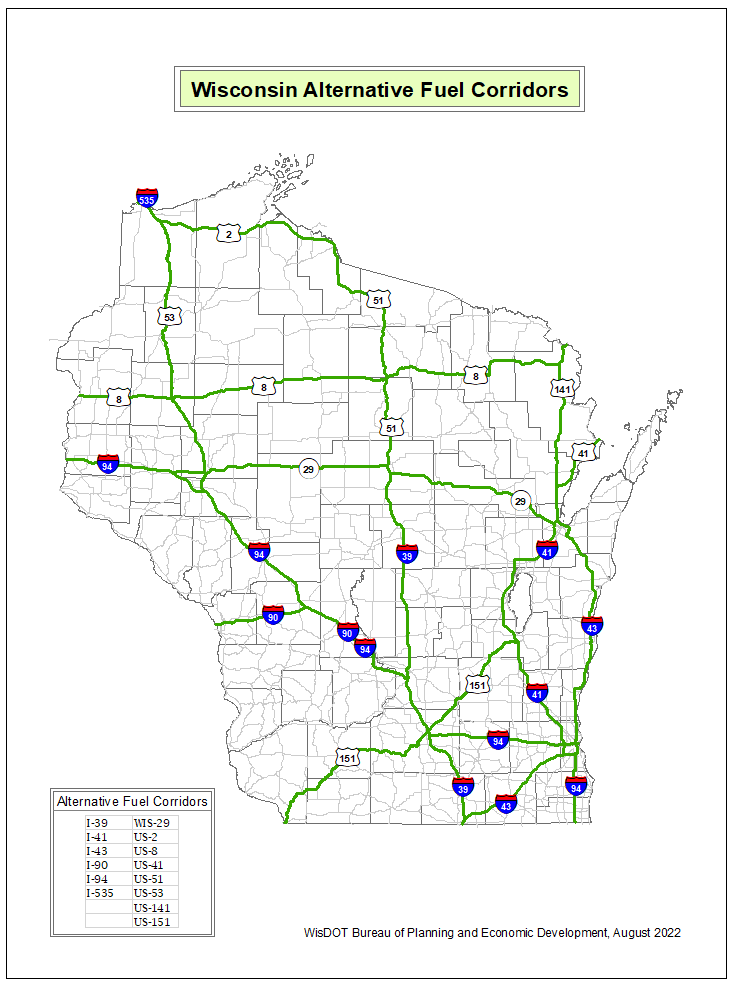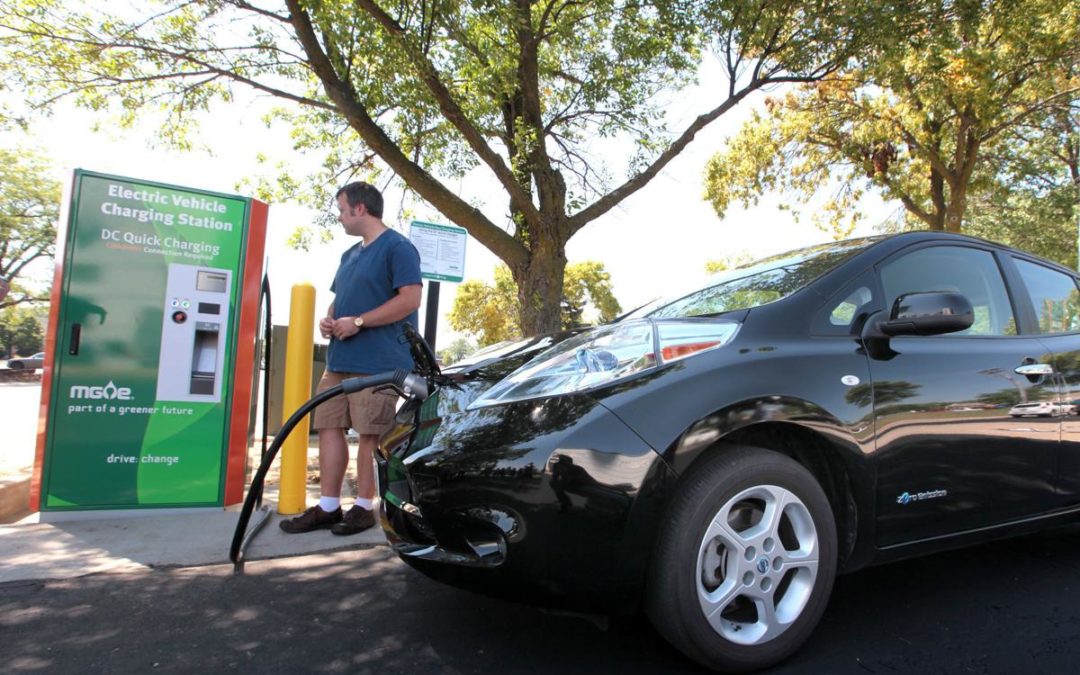On March 12, 2024, the Wisconsin State Senate passed Bills 791 and 792, allowing electric vehicle (EV) charging stations to charge by unit of electricity instead of time spent charging. The bill helps provide clean energy access to all Wisconsinites and is a testament to Wisconsin’s commitment to embracing new, proven clean energy technologies. The new law addresses several critical areas to standardize EV usage and infrastructure deployment for private developers. Let’s dive into some of the key parts.
NEVI Funding Unleashed
The cornerstone of the bill is the activation of National Electric Vehicle Infrastructure (NEVI) funding for “Level 3” fast chargers. This funding, totaling a substantial $78 million of federal dollars for Wisconsin, will be channeled toward the building, operation, and maintenance of fast-charging stations across the state. These fast chargers, capable of significantly reducing charging times for longer trips, are vital for reducing range anxiety.
Charging All Over the State, Not Just in Cities
NEVI funding also avoids putting the cart before the horse by providing charging stations across the state, along highway routes for the next five years, paying for the cost of the station, the operations, and the maintenance. Check out the map below to see the routes.

Jobs, Training, Reliability & Safety
But the bill doesn’t stop there. It also emphasizes the importance of training, ensuring that those responsible for these chargers are equipped with the skills necessary to maintain their reliability and safety. Chargers must be operable at least 97% of the time to receive the funding. This commitment to training not only boosts job opportunities but also ensures that the infrastructure remains robust and dependable.
Protects Level 1 and Level 2 Chargers
The Legislation clarifies that residential Level 1 and Level 2 chargers are clear of tax and regulation. It also provides regulatory certainty for groups looking to install public level 1 and level 2 chargers to avoid classification as a public utility, clearing up a large regulatory hurdle for EV Charging implementation. This protection ensures that these residential and light commercial chargers have a realistic path forward in Wisconsin. This move is a win for EV owners and businesses alike, fostering a more flexible and user-friendly charging landscape.
Tax and Road Fund
A tax, similar to the gas tax, of 3 cents per kilowatt-hour (kWh) of electricity used for charging will be implemented for public EV chargers. This measure brings EVs in line with gas and diesel cars. Charging by the kWh also ensures customers pay for the amount of fuel received instead of the amount of time spent charging, a policy that favored individuals with more expensive cars. Now, all users will pay a fair price for their power and end the inequity of time-based charging. Unfortunately, EVs are still required to pay $175 for registration, $75 more than fossil fuel cars.
This bill pairs regulatory certainty for charging station owners with equitable locations and rates for EV drivers. The bill also clarifies how and when local governments can own EV charging stations, and does not effectively change the situations of previously existing chargers.

